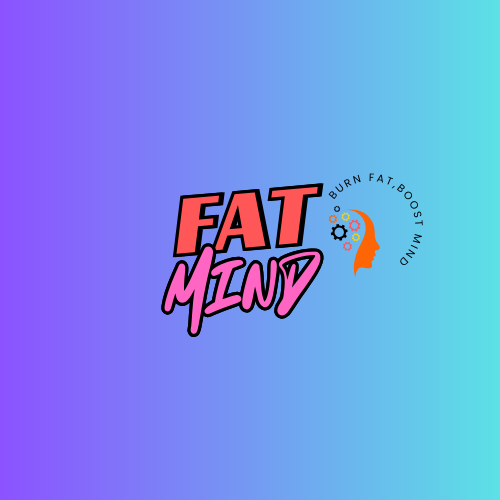Intermittent Fasting for Belly Fat and Cognitive Function
Introduction: The Science Behind Intermittent Fasting Intermittent fasting (IF) is more than just a weight loss strategy it is a powerful metabolic tool that enhances both fat burning and brain function. By cycling between periods of eating and fasting, the body shifts from glucose dependence to fat metabolism, reducing belly fat and improving cognitive performance. … Read more



